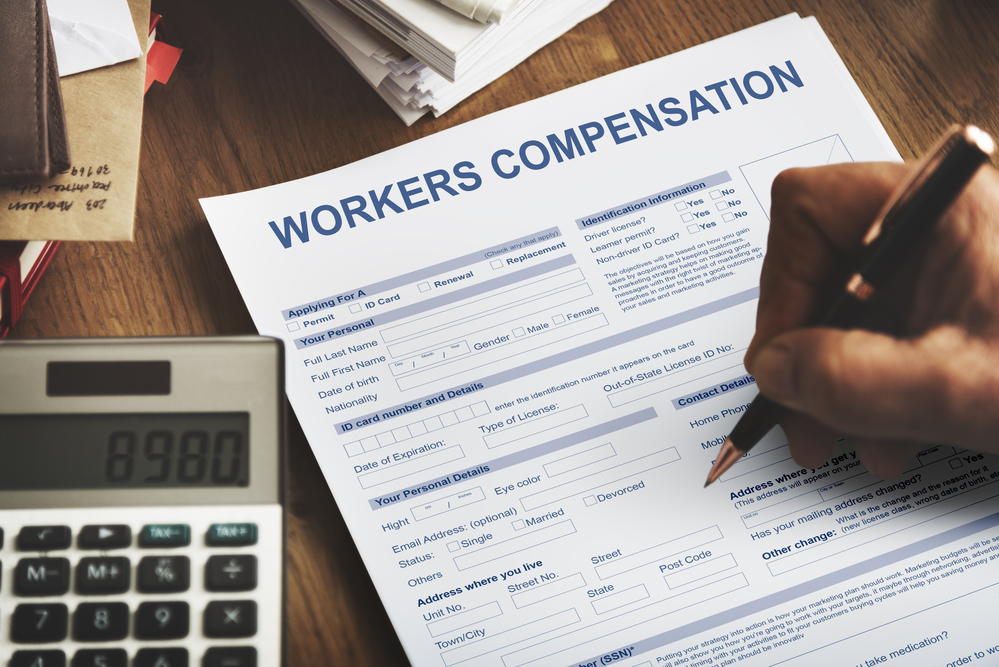
Do you know how the workers’ compensation claims process works? Do you have a clear understanding of what steps are involved in submitting and managing a claim? Knowing and adhering to the necessary protocols is essential for any individual or organization looking to file for, receive, or manage a workers’ compensation settlement.
Whether it’s an employee who was injured while at work or an employer that must comply with pertinent laws and regulations, having a full understanding of this complex process can make all the difference when navigating these sensitive situations. In this blog post we will take a closer look at how the workers’ compensation claims process works – so read on to learn more!
What is Workers’ Compensation and its Benefits
Workers’ Compensation is a system that provides benefits to employees who are injured or become ill as a result of their job. The claims process can be complex and involves navigating state laws and regulations. The benefits provided through Workers’ Compensation typically include medical care, disability payments to compensate for lost wages and rehabilitation services to help injured employees return to work.
These benefits not only support injured employees but also provide peace of mind to employers, who can be confident that their workers are protected in case of an accident or injury on the job. Overall, Workers’ Compensation is an important safety net that helps sustain the well-being of both workers and the economy as a whole.
What Types of Injuries Are Covered by the Workers’ Compensation Program
The Workers’ Compensation program is designed to protect employees who are injured in the workplace. This program provides financial assistance to employees who suffer from work-related injuries, and it also covers related medical expenses.
The types of injuries covered by this program range from minor cuts and bruises to more serious injuries like broken bones and head trauma. Additionally, employees who develop illnesses due to their work environment may also be eligible for Workers’ Compensation benefits. The program is intended to ensure that employees have access to the medical care and financial support they need following a workplace injury.
How to Determine Eligibility for Workers’ Compensation Benefits
Workers’ Compensation benefits are there to help provide financial support to individuals who have suffered workplace injuries. If you have been injured on the job, determining your eligibility for these benefits can be confusing.
Generally, eligibility varies by state and requires that you meet certain criteria, such as being injured while on the job and fulfilling an employer’s required notice and documentation procedures. It’s essential to know your rights and responsibilities so that you can receive the compensation that you deserve.
Seeking legal advice may also be helpful in navigating the claims process and ensuring that you are properly compensated for your injuries. Remember, if you have been injured at work, you have the right to seek compensation, and it’s crucial to know how to do so.
The Documents and Information Needed to File a Claim and Complete the Claims Process
Filing a claim can be a daunting process, especially if you’re not sure what documents and information you need. Generally, you’ll need to provide proof of your identity, evidence of the incident or loss that caused your claim, and any relevant receipts or bills.
This can include things like police reports, medical records, and receipts for damaged or stolen property. It’s important to double-check with your specific insurance provider to see if there are any additional forms or documents required. While it may seem overwhelming at first, having all the necessary paperwork and information prepared beforehand can help make the claims process go much more smoothly.
How to Appeal a Denied Claim or Dispute a Decision Made in the Claims Process
Facing a denied claim can be a frustrating experience. This can be particularly true if you believe the decision is unwarranted, or if you’re relying on that money for your livelihood. Thankfully, there are steps you can take to appeal the decision or dispute the claim process.
The first step is to gather all relevant information, including any documentation or forms pertaining to the claim. From there, consider reaching out to the insurance company to discuss the reasons why the claim was denied.
If you’re still not satisfied with the outcome, you may want to consult with an attorney or file a complaint with the appropriate regulatory agency. While appealing a decision may seem like an uphill battle, it’s important to remember that you have rights as a policyholder. Don’t give up – explore all your options and fight for the outcome you deserve.

Resources Available to Help You Navigate Through the Claims Process
Navigating through the claims process can be a daunting and stressful task, but thankfully there are many resources available to help you through it. From online guides to personal injury attorneys, there is a wealth of information and support at your fingertips.
One useful resource is the insurance company itself, as they often have dedicated claims representatives who can answer your questions and guide you through the process. Additionally, there are government agencies and non-profit organizations that offer free advice and assistance to those navigating the claims process. With the right resources, you can feel confident and empowered as you work towards resolving your claim.
In conclusion, Workers’ Compensation helps workers who are injured or acquire illnesses related to their job secure benefits for missed work and medical expenses. While navigating through the claims process can be daunting and confusing, it is important to understand the types of injuries that are covered, how to determine eligibility, and what documents are necessary in order to get started. Furthermore, if your claim is denied or disputed it is possible to appeal the decision.
There are many resources available to help you through the process from your state agency’s website, or contacting an attorney or other professional who specializes in workers’ compensation law. Ultimately, a careful understanding of the Workers’ Compensation program can ensure that you receive all of the benefits you may be due in a timely manner.
